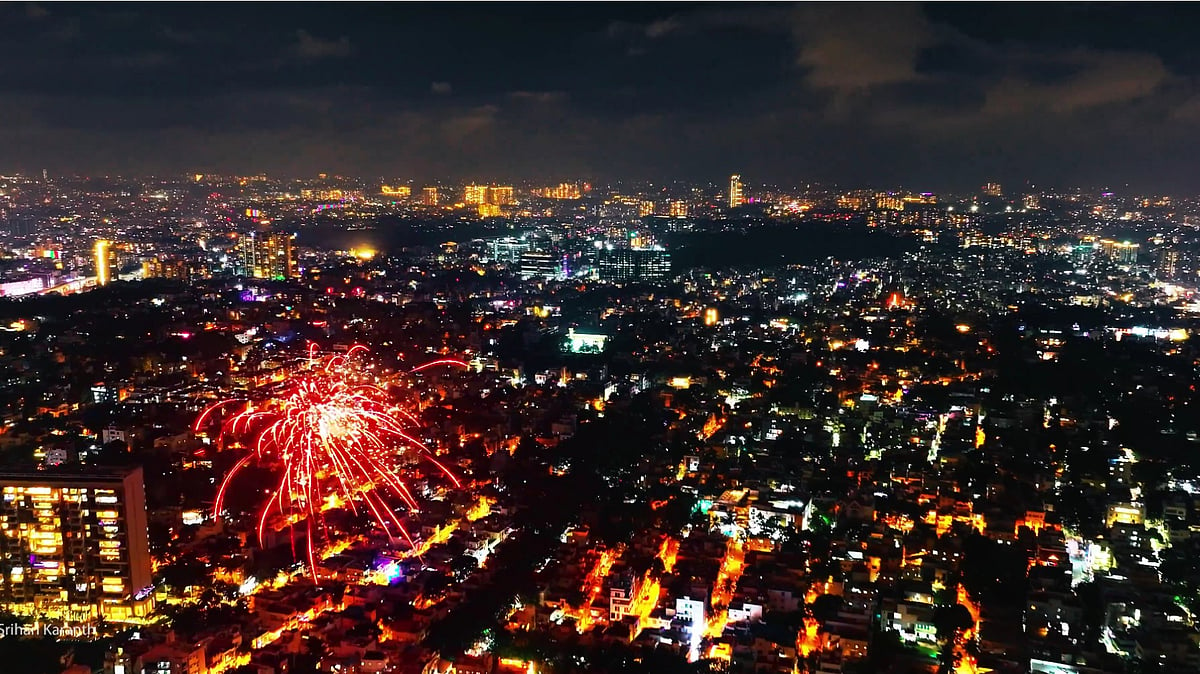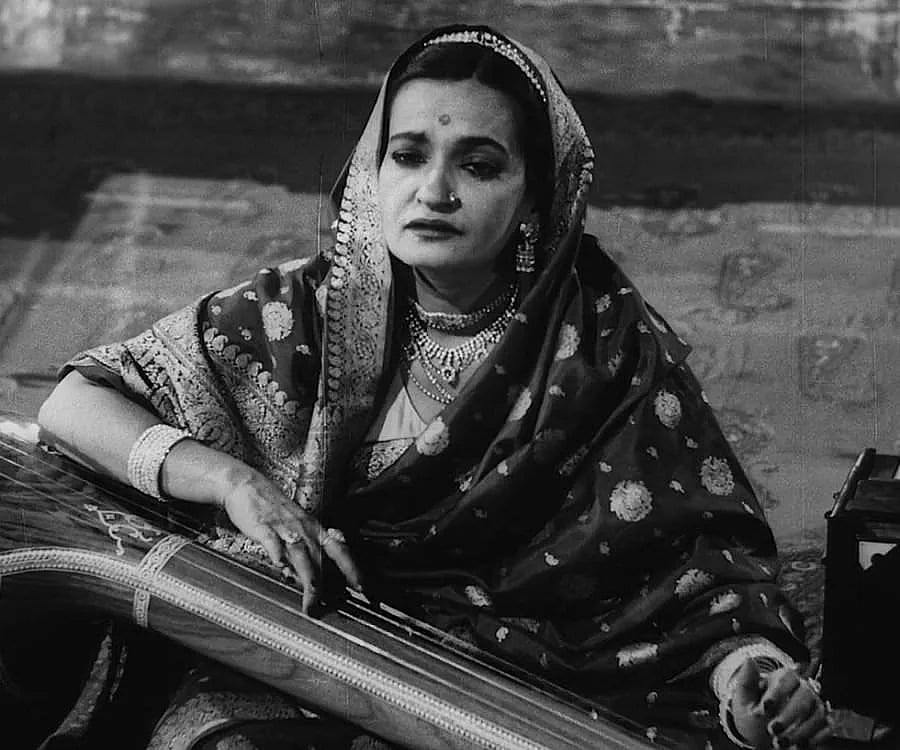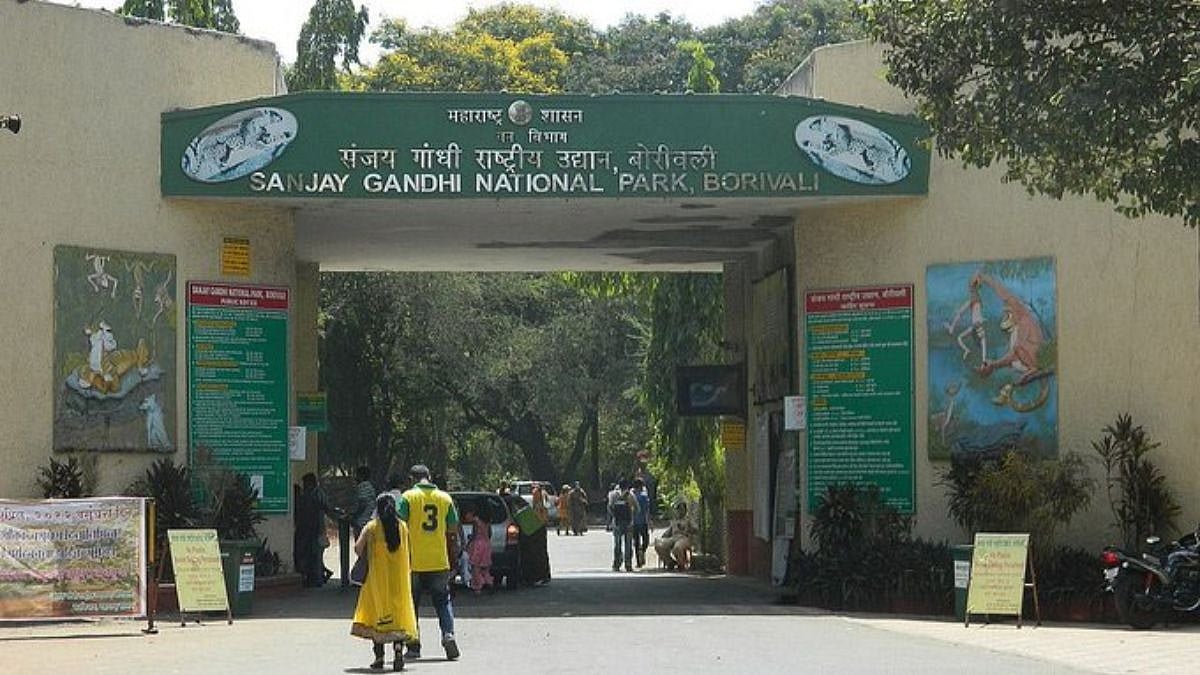The God That Failed is a book that describes the association of six prominent Western intellectuals of the twentieth century, from Andre Gide to Arthur Koestler and Stephen Spender, with Communism, and their subsequent disillusionment with and repudiation of the Communist philosophy. The subject set me thinking on the very human need for a greater purpose to give meaning to human lives and how this has had earth-shaking effects on human life and conduct, especially in the last one hundred years or so.
As the old world order collapsed with the onset of the First World War, Communism entrenched itself, first in Soviet Russia and then, after the Second World War, in Eastern Europe and, most significantly, China. Not surprisingly, the infection also caught up with restless youth in countries like India, especially when the Nehruvian experiment started unravelling from the mid-1960s onwards. However, the senseless violence of the Naxalite movement and the severe state repression it invited led to rapid disenchantment with armed revolution, and idealistic youth were soon engaged in making their way up in middle-class India, in the bureaucracy, academia or journalism.
I entered Delhi University in the fifth year of the 1970s when the pro-Naxalite movement in its elite colleges had run its course and those who had forsaken their college education to fight for the revolution were returning to the routine existence of university life. I now find many of those in the vanguard of Marxism in the 1970s ensconced in the camp of a staunchly nationalist party with a strong religious ideology. What could have occasioned this sea change in weltanschauung?
A cynical calculation of where one's interests lie and the desire for fame and social position may lead a person to make conscious choices in espousing an ideology which offers social and economic advancement. Such a person will switch sides with alacrity once s/he senses that the boat s/he is on is sinking: just study the recent instances of candidates for elections to the Indian Parliament and state legislatures nimbly party-hopping to secure their electoral futures. But I am more interested in those who blindly adhere to a specific ideology. What motivates such people and what implications does this have for the evolution of human society, given that this phenomenon pervades all countries and societies?
The basic urge for clinging to a specific belief is the individual’s fear of loneliness. As social beings, humans seeks to conform to accepted norms to acquire a sense of belonging. Established religions have shrewdly recognised this urge and created a culture of myths and legends to attract followers and hold them in thrall. Even today, followers of organised religions severely punish what they see as transgressions from traditional norms, sometimes with the overt/covert concurrence of the government of the day and often in flagrant breach of the rule of law. In India, religion has fed on a sense of lack of identity and a feeling of victimisation in the majority community, generating historical grievances which are apparently to be corrected in the present day.
In the current millennium, the Indian public seems to have latched on to a heady mixture of the desire for a strong man, coupled with a yearning for an idealised, mythical past. Central to this development is the loss of individual identity in an economy and society buffeted by the storms of globalisation and liberalisation. Weak governance systems have failed to provide the citizen with the security that would be taken for granted in a developed country. At such times, there is inevitably the longing for a political messiah who, it is hoped, will cut through the slough of despondency and hopelessness and lead the nation to a brighter future.
And so, we move from the dominance of religion to the dominance of a dogma epitomised by a strong party/state and the omnipotent individual. But what is it that impels the individual to associate her/himself so totally with a dominant ideology, party, state or individual? It arises out of the sense of personal insignificance of the individual and her/his fear of the finiteness of existence. Religion at least gave the individual solace that there was an afterlife, that wretchedness in this life would be compensated by rebirth, hopefully in happier surroundings. The rudderless individual, confronted by a world that s/he is unable to deal with, desperately seeks to merge her/his identity in a larger than life entity to get a feeling of security and belonging.
Where does all this leave us circa 2023? The continued existence of a democracy is crucially dependent on independent, sceptical individuals who are wedded to the concept of a liberal, open society. They are not against any person or political formation — rather, they recognise the truth of Lord Acton’s dictum, “Power tends to corrupt and absolute power corrupts absolutely.” The inexorable operations of social and political systems invariably cause even leaders who start with noble intentions to adopt the path of curbing political freedoms to remain in power, ostensibly to attain their lofty goals. The need of the hour, not only in India but elsewhere as well, is for thinking individuals in society who critically examine trends in social and political life and ask searching questions of those in power. A vigilant citizenry in any democracy must always keep in mind the prescient words of Dr. B.R. Ambedkar “...in politics, Bhakti or hero-worship is a sure road to degradation and to eventual dictatorship.”
V Ramani is a retired IAS officer of the Maharashtra cadre. His blog can be viewed at vramani.com









